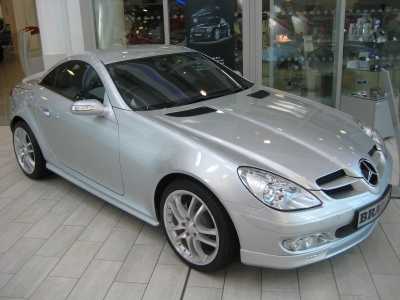The terminology that’s used within car insurance policies can be very difficult for beginners to decipher. It’s almost like having to learn a whole new language or a whole new set of vocabulary words just to understand what’s covered in a car insurance policy and what’s not covered in the event you’re involved in any kind of accident or your car is vandalised or damaged in any way.
Below are some of the most common car insurance terms that you’ll encounter while shopping for the best deal on car insurance in your area. Read through them so that you can better understand the terminology found in car insurance policies and contracts and make the best decision possible for yourself, your family, and your vehicles.
Premium – This is the amount of money you pay to your car insurance provider on a monthly, semi-annual, quarterly, or yearly basis, depending upon the car insurance provider’s options. Typically, the higher the premium, the more coverage you have on your vehicle.
Deductible – The deductible is essentially nothing more than the amount of money you will owe in the event you’re involved in any kind of accident. This is basically the financial responsibility you’ll have to deal with, but the car insurance provider will cover the rest of the expenses involved with the accident’s case. If you go with a plan that has a higher deductible, you may be able to get a better rate on your premium for the plan because you are agreeing to pay more in the event of an accident. If, on the other hand, you want the car insurance company to cover more of the expenses involved in an accident, you will most likely have to pay a higher premium for the plan.
Covered Loss – This includes any kind of damage that you, your vehicle, or others (other vehicles, other people, other property) suffer from as a result of an accident you are involved in.
Collision – If you have collision coverage, your car insurance company will provide you with financial assistance in the event you run into any kind of object, such as a telephone pole or building. It will also cover you in the event you collide with another vehicle or you are in an accident that does not involve other vehicles, such as if your car flips over.
Comprehensive – This form of coverage will provide assistance in the event your car is vandalised by humans or animals, is stolen, a natural disaster strikes that causes damage to your car, or other unforeseeable circumstances occur, such as objects falling on your car, that could not be controlled. This does not include collision coverage.
Bodily Injury – If you are involved in an accident in which you were the cause of physical harm to others, your car insurance provider will cover their medical expenses for you.
Liability – Liability coverage will cover any expenses that others incur as a result of damages that your vehicle caused to other drivers, cars, and / or property.
Image courtesy of Susie B /FreeDigitalPhotos.net



